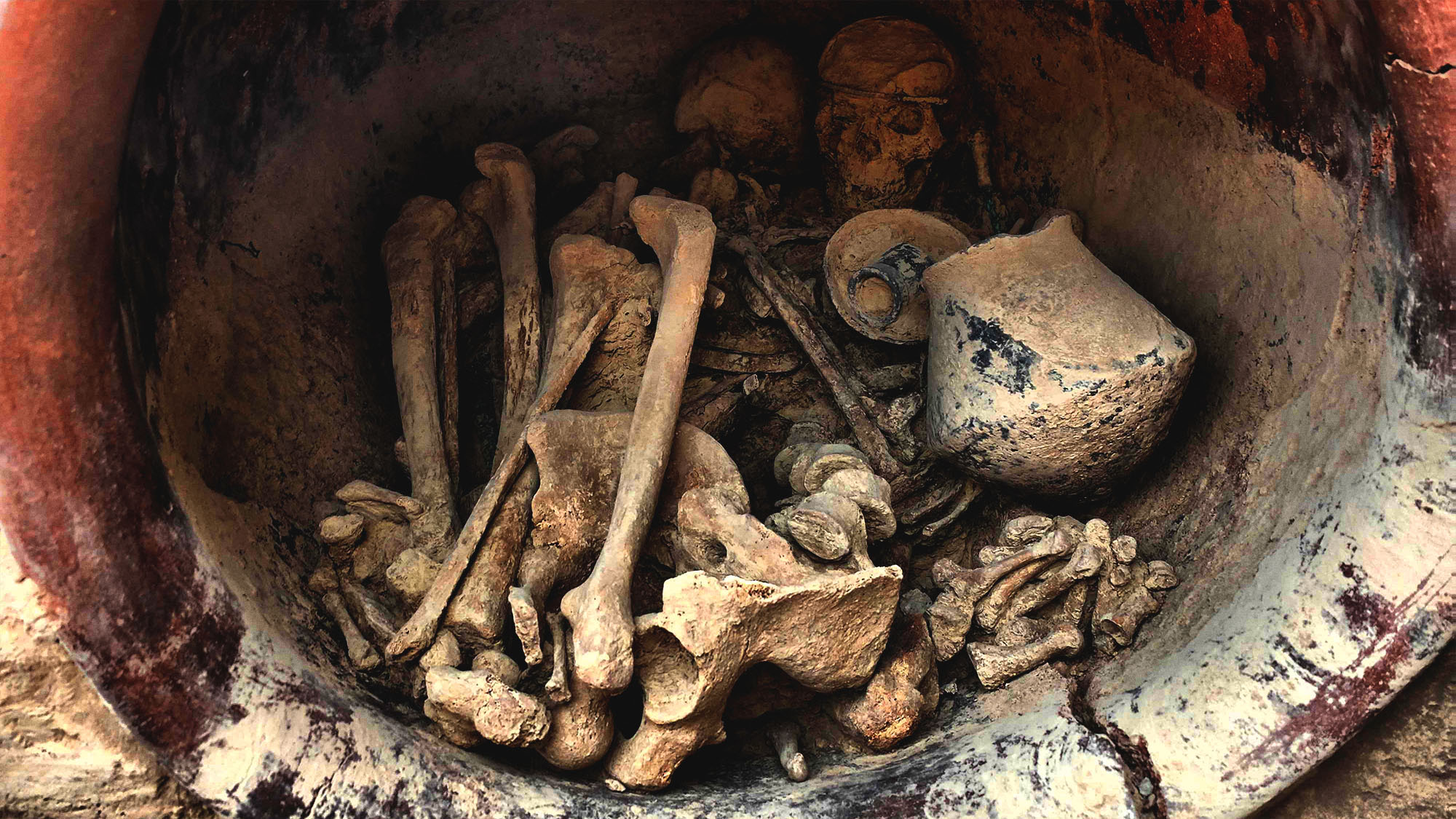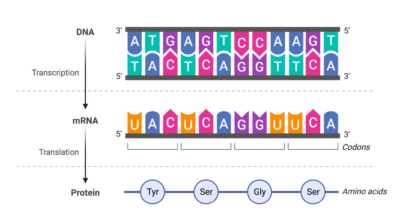Researchers from the Institute for Evolutionary Biology (IBE: CSIC-UPF) have collaborated in a study of ancient DNA analysis that has revealed genomic changes in the population of southeastern Iberia that could have influenced social and political changes in the transition to the Bronze Age.
The project is based on the DNA analysis of 136 Iberian individuals from between 3,000 and 1,500 BC. This data, added to the results of previous studies, has created a database of around 300 individuals from the transition between the Copper Age and the Bronze Age (2,200 BC approximately).
The study has revealed the presence of a genomic component from the European steppe in the individuals of El Argar – one of the first European societies to emerge in the Iberian southeast – which was not found in their predecessors.
“We can now conclude that the population movement that began in the steppe areas of Eastern Europe around 3,000 BC. C. required more than four centuries to reach the Iberian Peninsula and another 200 years to appear in present-day Murcia and Alicante”
Roberto Risch (UAB, collaborating entity of the project)
These results, as the authors explain, could serve to better understand the social changes that took place in Iberia during the transition from the Copper Age to the Bronze Age. Those changes, which happened in the rest of Europe at the same time, modified the burial rituals and social hierarchies and broke with previous traditions.
Vanessa Villalba-Mouco et al. Genomic transformation and social organization during the Copper Age-Bronze Age transition in southern Iberia; Science Advances 2021






